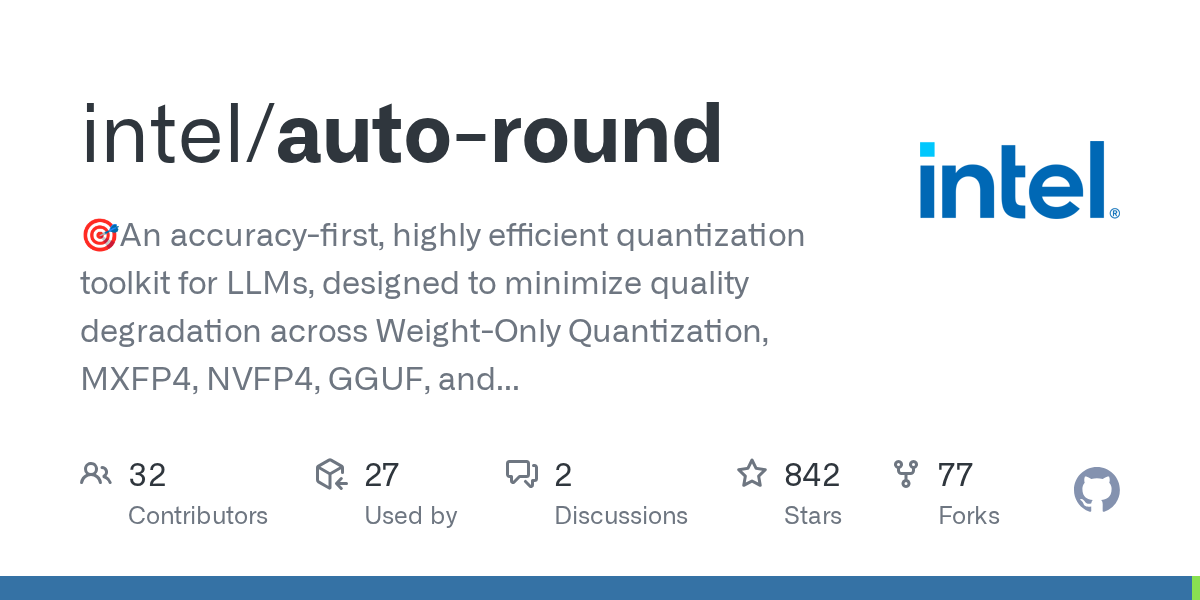

where water turning to steam is punishment, x axis is the relative inconvenience to rich people by a poor person, and y axis is “gravity of crime”. Jaywalking while white, no arrest. If getting run over by drunk rich guy… your fault. Same for free speech longer than permitted.






180k+ citizens left the shithole country (for the paywalled)